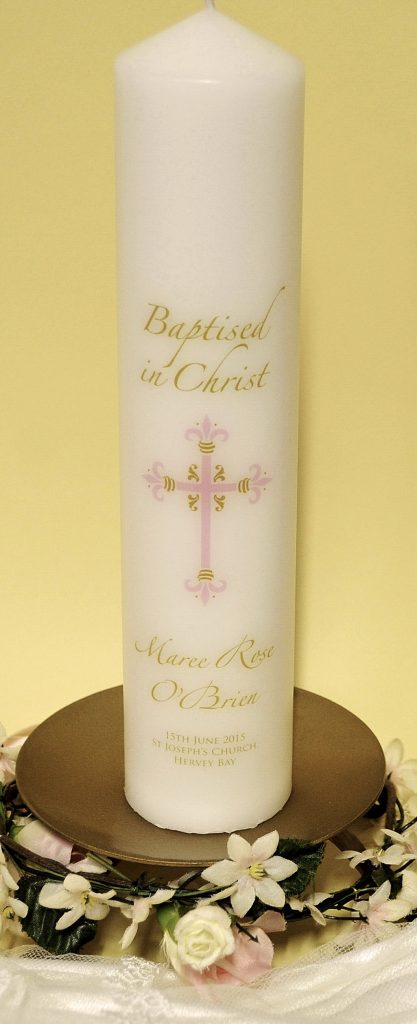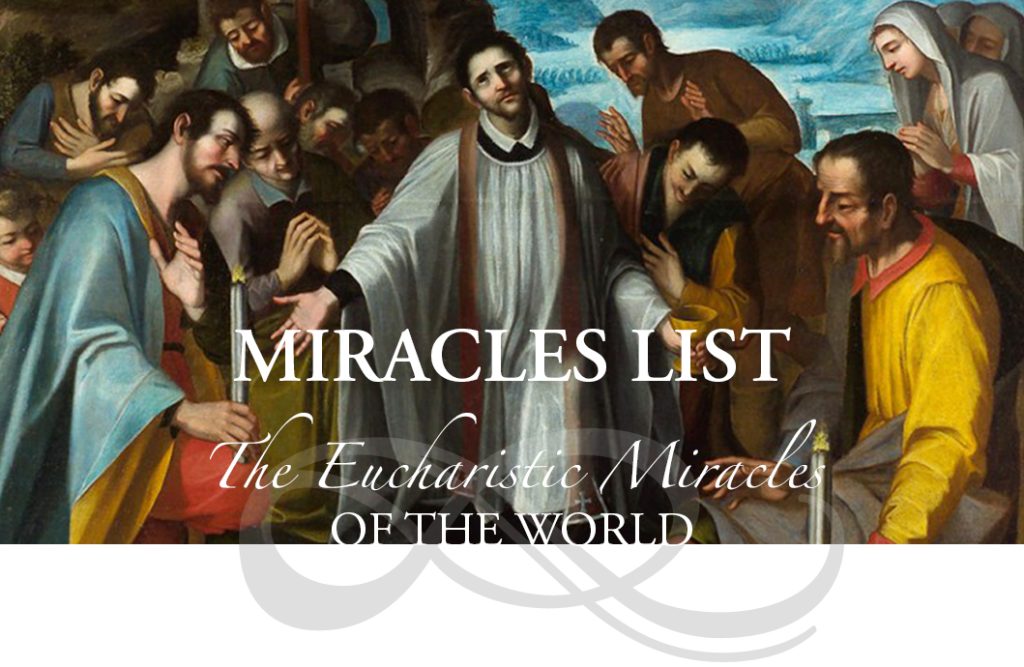Tetanus & Traitors
Kenyan bishops fear tetanus vaccine campaign
is aimed to sterilize women
NAIROBI, Kenya, April 1, 2014 (LifeSiteNews.com) – The Kenya Conference of Catholic Bishops is demanding answers about a national tetanus vaccine campaign that they say is suspiciously like campaigns run in other countries where a birth control agent was covertly mixed in.
Run by the World Health Organization and UNICEF, the Kenya campaign exclusively targets Kenyan women of childbearing age (14-49), and excludes boys and men and younger girls who are also at risk from tetanus infection.
The bishops’ statement notes that in the Philippines, Nicaragua, and Mexico, the tetanus vaccine was “laced with Beta human chorionic gonadotropin (b-HCG) sub unit … to vaccinate women against future pregnancy.”
When injected as a vaccine to a non-pregnant woman, this Beta HCG sub unit combined with tetanus toxoid develops antibodies against tetanus and HCG so that if a woman’s egg becomes fertilized, her own natural HCG will be destroyed rendering her permanently infertile, the bishops explain. In this situation tetanus vaccination has been used as a birth control method.
“The ongoing tetanus vaccination campaign bears the hallmarks of the programmes that were carried out in Philippines, Mexico and Nicaragua. We are not certain that the vaccines being administered in Kenya are free of this hormone,” the bishops state.
The bishops are seeking answers to the following questions:
- Is there a tetanus crisis on women of child bearing age in Kenya? If this is so, why has it not been declared?
- Why does the campaign target women of 14 – 49 years?
- Why has the campaign left out young girls, boys and men even if they are all prone to tetanus?
- In the midst of so many life threatening diseases in Kenya, why has tetanus been prioritized?
The Kenyan bishops also question why the campaign has had limited public input, unlike other national health initiatives where the public can ask questions, and no consultation with the Catholic Church at all, despite the Church being heavily involved in the provision of medical services.
“There has not been adequate stakeholder engagement for consultation both in the preparation and implementation of the campaign. The Catholic Church has not been engaged unlike other public health initiatives where we have been invited to participate as a key stakeholder,” the bishops state.
The Catholic Church in Kenya maintains an extensive network of health facilities, including 54 hospitals, 83 health centers, 311 dispensaries and 17 medical training institutions.
In the statement the bishops acknowledge that maternal and neonatal care is imperative in the prevention of death, but maintain that adequate and clear information should be provided to the general public to avoid misinformation and propaganda in regard to this vaccine.
“The sanctity of Life and the dignity of the human person must always be priorities in health care,” the bishops state.
“The Catholic Church, in the absence of proper and adequate information, will not shy away from raising moral questions on matters affecting human life,” they conclude.










